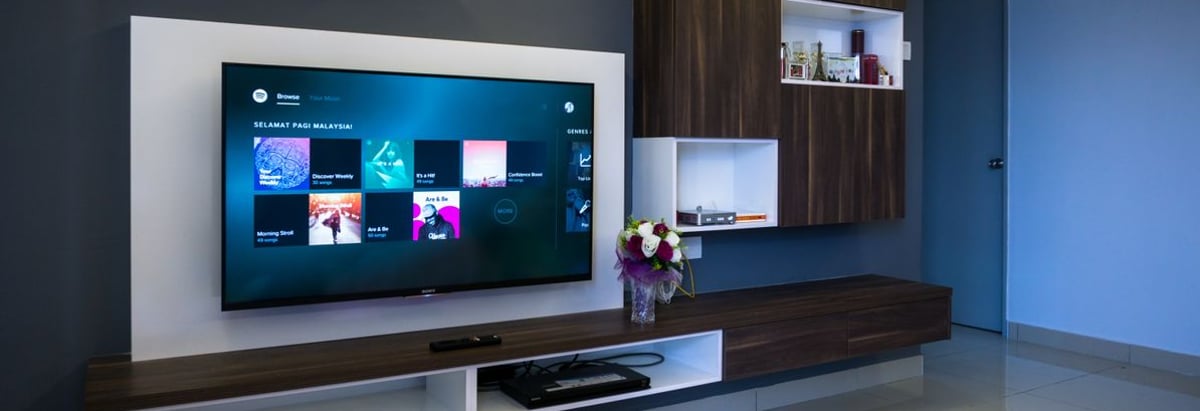Stock Analysis
- South Korea
- /
- Entertainment
- /
- KOSE:A259960
KRAFTON (KRX:259960) Might Be Having Difficulty Using Its Capital Effectively

To find a multi-bagger stock, what are the underlying trends we should look for in a business? In a perfect world, we'd like to see a company investing more capital into its business and ideally the returns earned from that capital are also increasing. Ultimately, this demonstrates that it's a business that is reinvesting profits at increasing rates of return. Having said that, from a first glance at KRAFTON (KRX:259960) we aren't jumping out of our chairs at how returns are trending, but let's have a deeper look.
What Is Return On Capital Employed (ROCE)?
For those who don't know, ROCE is a measure of a company's yearly pre-tax profit (its return), relative to the capital employed in the business. Analysts use this formula to calculate it for KRAFTON:
Return on Capital Employed = Earnings Before Interest and Tax (EBIT) ÷ (Total Assets - Current Liabilities)
0.17 = ₩1.1t ÷ (₩7.3t - ₩651b) (Based on the trailing twelve months to September 2024).
So, KRAFTON has an ROCE of 17%. On its own, that's a standard return, however it's much better than the 7.0% generated by the Entertainment industry.
See our latest analysis for KRAFTON
Above you can see how the current ROCE for KRAFTON compares to its prior returns on capital, but there's only so much you can tell from the past. If you'd like, you can check out the forecasts from the analysts covering KRAFTON for free.
So How Is KRAFTON's ROCE Trending?
When we looked at the ROCE trend at KRAFTON, we didn't gain much confidence. Around five years ago the returns on capital were 29%, but since then they've fallen to 17%. Although, given both revenue and the amount of assets employed in the business have increased, it could suggest the company is investing in growth, and the extra capital has led to a short-term reduction in ROCE. And if the increased capital generates additional returns, the business, and thus shareholders, will benefit in the long run.
On a side note, KRAFTON has done well to pay down its current liabilities to 8.9% of total assets. That could partly explain why the ROCE has dropped. What's more, this can reduce some aspects of risk to the business because now the company's suppliers or short-term creditors are funding less of its operations. Since the business is basically funding more of its operations with it's own money, you could argue this has made the business less efficient at generating ROCE.
Our Take On KRAFTON's ROCE
In summary, despite lower returns in the short term, we're encouraged to see that KRAFTON is reinvesting for growth and has higher sales as a result. And there could be an opportunity here if other metrics look good too, because the stock has declined 38% in the last three years. So we think it'd be worthwhile to look further into this stock given the trends look encouraging.
KRAFTON could be trading at an attractive price in other respects, so you might find our free intrinsic value estimation for A259960 on our platform quite valuable.
While KRAFTON may not currently earn the highest returns, we've compiled a list of companies that currently earn more than 25% return on equity. Check out this free list here.
Valuation is complex, but we're here to simplify it.
Discover if KRAFTON might be undervalued or overvalued with our detailed analysis, featuring fair value estimates, potential risks, dividends, insider trades, and its financial condition.
Access Free AnalysisHave feedback on this article? Concerned about the content? Get in touch with us directly. Alternatively, email editorial-team (at) simplywallst.com.
This article by Simply Wall St is general in nature. We provide commentary based on historical data and analyst forecasts only using an unbiased methodology and our articles are not intended to be financial advice. It does not constitute a recommendation to buy or sell any stock, and does not take account of your objectives, or your financial situation. We aim to bring you long-term focused analysis driven by fundamental data. Note that our analysis may not factor in the latest price-sensitive company announcements or qualitative material. Simply Wall St has no position in any stocks mentioned.
About KOSE:A259960
KRAFTON
Develops, distributes, and sells mobile game and application software in Asia, Korea, the United States, Europe, and internationally.


